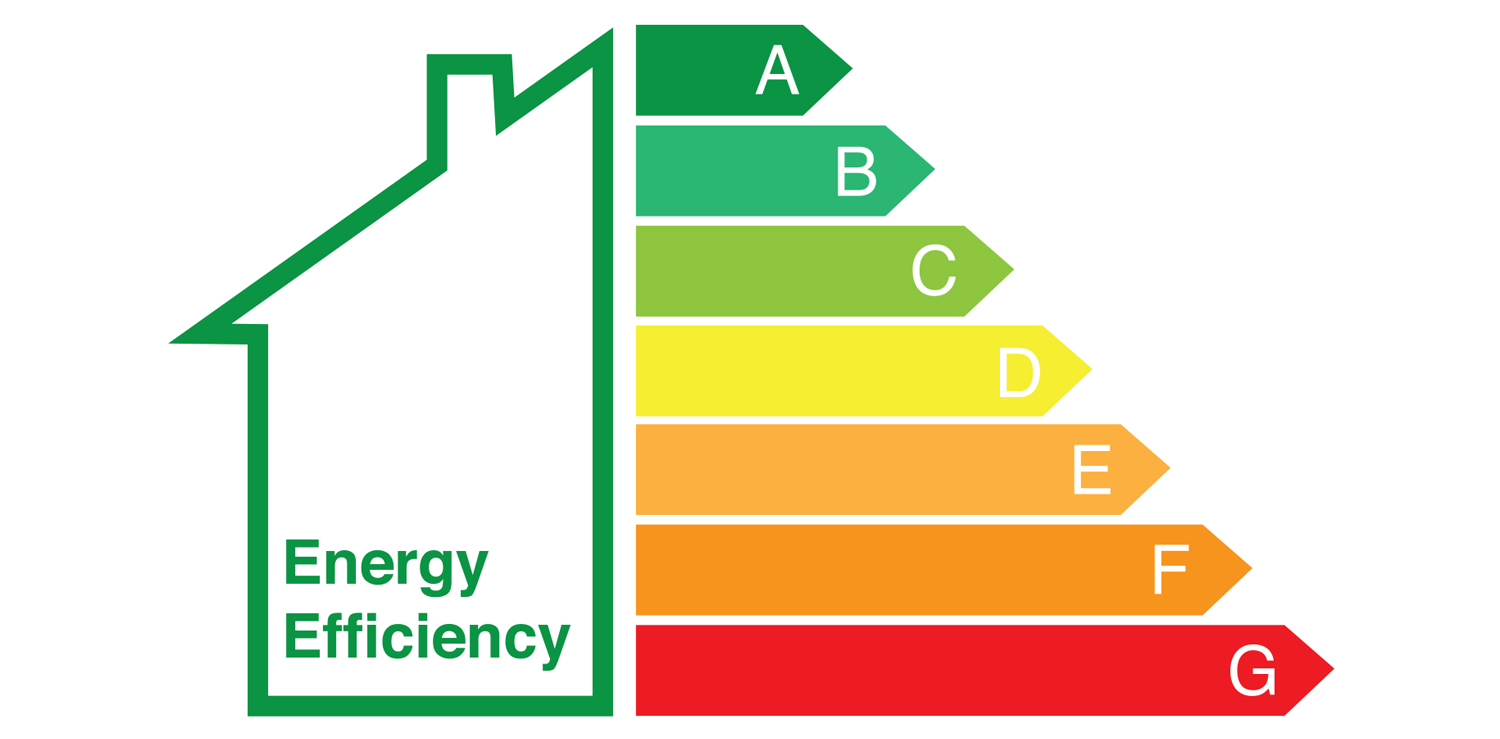What is an EPC?
An Energy Performance Certificate (EPC) is a legally required document that measures and confirms the energy efficiency of a property. It provides insight into how energy-efficient the building is, helping tenants and landlords understand how much energy the property consumes and its environmental impact. Here's a breakdown of the information provided:
- Purpose: An EPC provides a rating of a property's energy efficiency, which is assigned on a scale from A (very efficient) to G (very inefficient).
- Current and potential grading: The certificate not only shows the current energy efficiency but also highlights how the property could perform with recommended improvements, helping landlords understand suitable upgrades and their impact on efficiency.
- Validity: EPCs are valid for 10 years, after which a new assessment is required.
If you're unsure whether your property already has an EPC, you can check the government’s Energy Performance Certificate Register through the link provided: Check EPC register.
How to get an EPC
To obtain an EPC, you need to instruct a registered energy assessor who will conduct an assessment of your property. The assessor will evaluate various factors like insulation, heating systems, windows, and energy usage to determine the energy efficiency grade.
- We recommend Safe2, this is trusted service for obtaining various property-related compliance documents, including EPCs. More information on this service can be found through the NRLA website link provided: Safe2.
What does an EPC look like?

Where can I find more information?
The NRLA’s Energy Efficiency Resources page is a useful resource for landlords seeking to understand EPC requirements, how to obtain one, and the impact of energy efficiency on property management.
Where can I find training on this topic?
For landlords seeking to deepen their knowledge about energy performance, energy efficiency, and other landlord responsibilities, the NRLA offers a range of training courses. These courses cover foundational topics like Landlord Fundamentals and can also delve into more specific areas related to property management.
-
- Classroom: In-person sessions for hands-on learning.
- eClassroom: Interactive online classes that allow for real-time engagement.
- eLearning: Flexible, self-paced online courses for those who prefer learning on their own schedule.
Related links -
Last reviewed 4th December 2024
